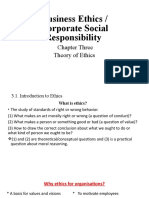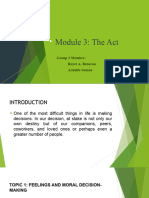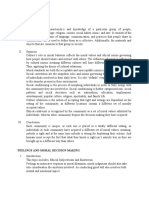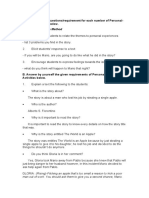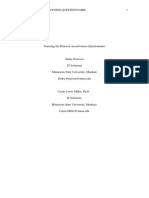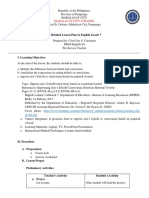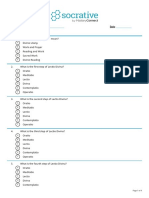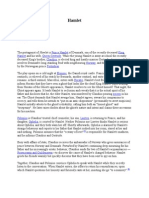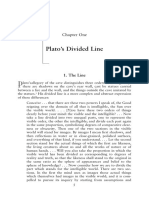0% found this document useful (0 votes)
70 views13 pagesModule 11
This document provides an overview of Module 11 which focuses on feelings and reason in decision making. It discusses how emotion and reason are intertwined when making judgments or choices. Two feeling-based theories of ethics, Ethical Subjectivism and Emotivism, are compared. Ethical Subjectivism holds that morality is subjective and based on individual preferences rather than objective facts. Emotivism views ethical statements as expressions of attitude rather than assertions of fact. The document explores different types of subjectivism and relativism in ethics.
Uploaded by
XychoCopyright
© © All Rights Reserved
We take content rights seriously. If you suspect this is your content, claim it here.
Available Formats
Download as PPTX, PDF, TXT or read online on Scribd
0% found this document useful (0 votes)
70 views13 pagesModule 11
This document provides an overview of Module 11 which focuses on feelings and reason in decision making. It discusses how emotion and reason are intertwined when making judgments or choices. Two feeling-based theories of ethics, Ethical Subjectivism and Emotivism, are compared. Ethical Subjectivism holds that morality is subjective and based on individual preferences rather than objective facts. Emotivism views ethical statements as expressions of attitude rather than assertions of fact. The document explores different types of subjectivism and relativism in ethics.
Uploaded by
XychoCopyright
© © All Rights Reserved
We take content rights seriously. If you suspect this is your content, claim it here.
Available Formats
Download as PPTX, PDF, TXT or read online on Scribd
/ 13















